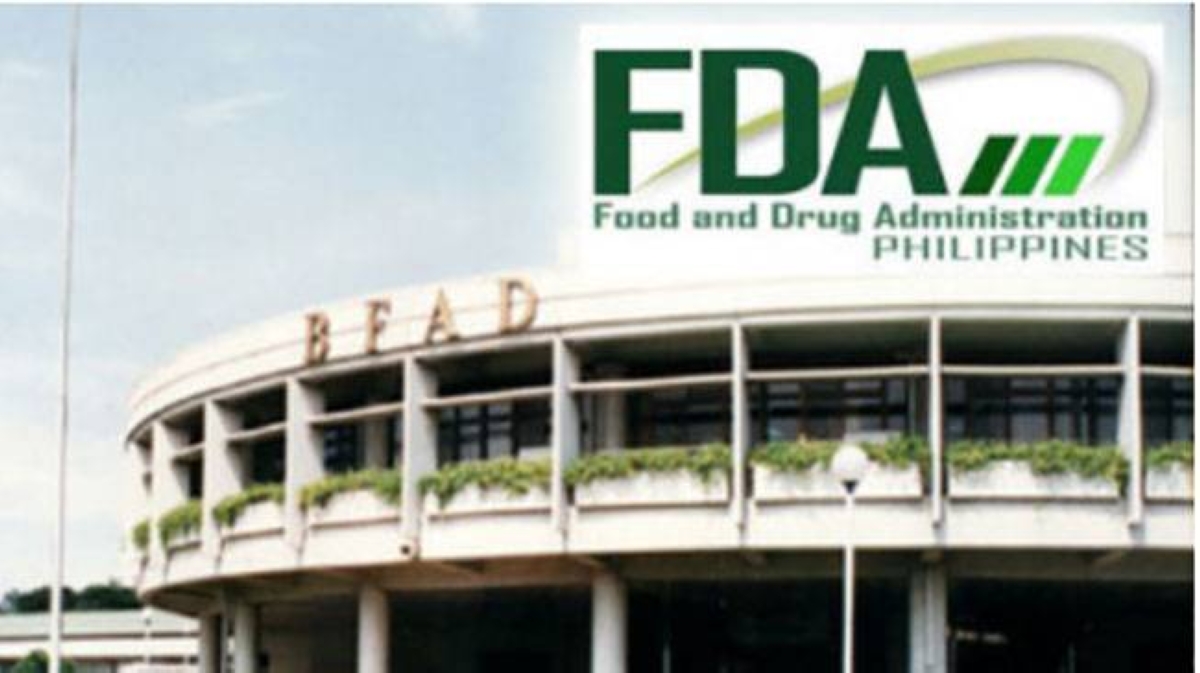The Food and Drug Administration (FDA) in the Philippines has recently announced a significant update regarding the value-added tax (VAT) exemption for medicines and medical devices used in the treatment of Covid-19. In a move to align with the country’s tax regulations, these products will no longer be exempted from VAT starting from January 1, 2024.
The FDA’s Advisory 2024-0498, issued on Friday, clarified that the VAT-exemption for Covid-19 treatment products will only be valid until December 31, 2023. This means that from the beginning of the new year, VAT will be applicable to these essential healthcare items.
To complement this decision, the Bureau of Internal Revenue (BIR) has also issued Revenue Memorandum Circular 7-2024. This circular serves as a notification to stakeholders, informing them of the removal of VAT-exemption for the specified products. It is crucial for healthcare providers, suppliers, and consumers to take note of this change to ensure compliance with the updated tax regulations.
The list of products that will no longer be VAT-exempt includes medicines and medical devices used for Covid-19 treatment. Additionally, items such as gloves, gowns, coveralls, body suits, face masks, goggles, shoe covers, face shields, ventilators, bacterial filters, tubing and support sets for ventilators, positive pressure breathing devices, resuscitators, oxygen concentrators, high-flow respiratory devices, nasal cannula, and humidifiers are also affected by this change.
This update aims to streamline the tax policies surrounding Covid-19 treatment products and ensure consistency in the application of VAT across the healthcare industry. By removing the VAT-exemption, the government can generate additional revenue that can be utilized for various healthcare initiatives and support the ongoing battle against the pandemic.
It is important for healthcare professionals, suppliers, and consumers to be aware of this change and adjust their financial planning accordingly. The inclusion of VAT on these products may impact the overall cost of Covid-19 treatment, and individuals should consider these additional expenses when budgeting for medical care.
While this change may initially pose challenges for some stakeholders, it is essential to understand the rationale behind the decision. VAT is a standard tax applied to goods and services in many countries, including the Philippines. By subjecting Covid-19 treatment products to VAT, the government aims to create a fair and equitable tax system that applies to all healthcare-related items.
As always, it is advisable to consult with tax professionals or seek guidance from relevant authorities to ensure compliance with the updated regulations. Staying informed about changes in tax policies and understanding their implications is crucial for all parties involved in the healthcare industry.
In conclusion, the FDA’s recent announcement regarding the removal of VAT-exemption for medicines and medical devices used in Covid-19 treatment signifies a significant change in the tax landscape for healthcare products in the Philippines. This decision, effective from January 1, 2024, aims to streamline tax policies and generate additional revenue for healthcare initiatives. It is important for stakeholders to familiarize themselves with this update and adapt their financial planning accordingly. By staying informed and compliant, the healthcare industry can continue to provide essential services in the ongoing fight against the pandemic.







